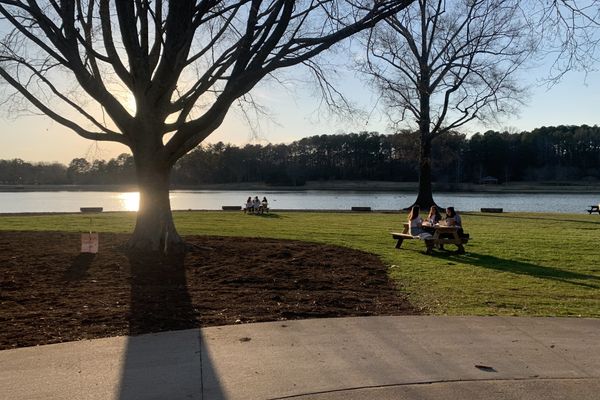As we approach the end of the semester, it is only natural to start preparing for the new responsibilities in the future. For seniors, that involves moving beyond Furman, whether that means starting a career or pursuing further education. The rest of us have the less daunting but equally important responsibility of preparing for the next semester at Furman.
It is not just students that hold this responsibility. While we are registering for classes and buying textbooks, faculty, staff and administrators are drafting syllabi, maintaining and improving the campus environment and establishing regulations for the next semester. Though these important responsibilities are seemingly quite distinct, there should be some level of overlap between the administration and students. Decisions made by the administration can sometimes feel disconnected from the student body, from our wants and needs. Coming off the COVID-19 pandemic, we have the opportunity to bridge the gap that exists between students and the administration.
The university’s response to the pandemic has moved us closer to eliminating this gap. In the beginning of the Fall semester, Furman decided to form a “steering committee” that would meet to make decisions related to the pandemic. Additionally, in February they formed the Student Advisory Group, which is a group of ten students that “serves as a liaison between the COVID Response Steering Committee and the student body.” This was a productive step taken by the administration to ensure that students’ voices were not completely left out of the discussion of these important decisions.
However, this arrangement is not sufficient. While any amount of student input is positive, the Advisory Group, frankly, does not speak for every student. That is not a jab at those students. It is just that ten students simply cannot speak for the entirety of the student body. Our interests, wants, needs and fears are simply too diverse for such a small group.
Instead, Furman should implement something akin to a city government. While the city council is elected as the representatives of the citizens to make important decisions, there are town halls and city council meetings that allow citizens not on the council to air grievances, offer ideas and learn about what is happening within their local government. In our case, SGA officers could act as our city councilmen, in addition to representatives from other important student organizations, such as FUSAB, the Student Diversity Council and the Religious Council. This body of student representatives would meet with members of the administration and Board of Trustees when appropriate so that we may have some representation in the deliberation of important decisions that directly relate to students. Additionally, these student representatives and administrators could host regular meetings, perhaps once every week or every other week, to open up the decision making process to a forum so students can offer ideas, ask questions and bring up issues.
Such a system is not perfect. Students are most likely not knowledgeable enough about the financial situation of the university to make any meaningful contributions, and bringing emergencies to the student body for discussion would delay decisions that need to be made quickly and decisively. Ideally, student input would be relegated to non-emergency matters that directly impact students. However, this system would address the disconnect that many students feel exists between administration and the student body and make some of the decision-making process more democratic. We have a solid foundation in the Student Advisory Group. Recovering from the pandemic next year allows us the perfect opportunity to take the next step towards an administration that is more responsive to student needs.
